The clue is in the name: the Salon International d’Alimentation (or Sial) exhibition in Paris is a truly global affair. So this week’s bi-annual trade show was a great opportunity for the UK food and drink industry to put its best foot forward, to showcase its world-class capabilities. That’s especially important in a post-Brexit landscape, with exports continuing to slump. And it’s surely even more important for the new Labour government, with its promise to deliver growth.
But for the first time in living memory there was not a single representative from Defra or the Department for Business & Trade (DBT) – or even the devolved nations. Where was Gareth Thomas, the new minister for exports? Or Steve Reed, the Defra secretary? Or Jonathan Reynolds, the trade secretary? It was a wasted opportunity to understand what British food and drink manufacturers of all shapes and size are facing, the competition they’re up against – and the size of the prize.
What they would have seen was enterprising British suppliers doing their best, but on a playing field that is anything but level. There are no government grants these days, despite the UK’s compromised trading relations and pariah-like status as a mere ‘third country’ for the EU, with even the most seasoned exporters at the mercy of different interpretations in different countries, or even different regions, within the EU.
Nor does it help that Sial is organised, more so than ever, along category lines, so country-based ‘pavilions’ are not such a feature these days. But the impact of the British cluster of stands in each of the various halls was consistently dwarfed by bigger and better displays. And not just from France, Italy and Spain.
Britain in the shadows
The likes of Turkey, Lithuania, Greece, Brazil, China and South Korea were all out in force. Meanwhile, in every hall, the British stands seemed to be tucked away, in a corner, on the side, or at the wrong end of an aisle or row. It also spoke volumes that for the first time in living memory, Walker’s Shortbread, the multiple Queen’s Awards winner, was not in attendance.
Even in Sial’s innovation ‘showcase’, only one UK piece of NPD – from the English Tea Shop – made the grade. It was all too easy to conclude that the UK was a backwater, a forgotten trading outpost.
And it’s not for want of trying on the part of UK exhibitors, supported ably on its shoestring budget by the Food & Drink Exporters Association. But once again food and drink is in danger of being marginalised in the government’s growth plans. Left out of the new industrial strategy (unless you include it under ‘advanced manufacturing’), it’s now more likely a target for punitive taxes than support and encouragement if this week’s comments from the prime minister and the health secretary are anything to go by.
It’s missing a trick. Food exports is a massive growth opportunity. It’s also high profile and would make the new government look good: if the UK plays its cards right there are some big wins to be gained both from the EU and with other nations.
The hope is the new government will open doors to enable easier trade with the UK. DBT has an agri-food team with an export remit. There are a number of Defra-controlled agricultural attaches, with two new ones opening in Paris and Madrid to address market access. On the question of broader EU negotiations, new Paymaster General Nick Thomas-Symonds is understood to be making some progress with Brussels, with officials hopeful of greater cooperation and the resumption and completion of key details of agreements. Indeed there is a belief this can all be done quite quickly if the political will is there. On the other hand the PM is cautious. And food exports seems low down on Labour’s list of priorities, with food security Defra’s greater concern under Labour.
On the one hand you could say the u-turn on the Not for EU label plans for GB was a quiet victory. On the other, since the general election, the Food & Drink Export Council has gone from stasis to vacuum. No-one knows if it will resume its fledgling activities. And it’s not a lot of money. For a low single millions investment it can coordinate and turbo charge the various efforts of devolved nations, English regions, trade associations, British embassies, the GREAT campaign and other initiatives. It can also rebuild the capability that was lost when we left the EU. And crucially there are also opportunities not only to improve relations with the EU nations but to take advantage of new opportunities in countries like Mexico, Indonesia, Thailand and Australia.
Instead, the UK is losing time and ground to competitors like Bord Bia.
This country needs to do a better job of indicating that Britain is open for business. We have to turn the tide on the way people are thinking. It’s an internal as well as an external perception. Only with proper support and backing from the government will it ever change.







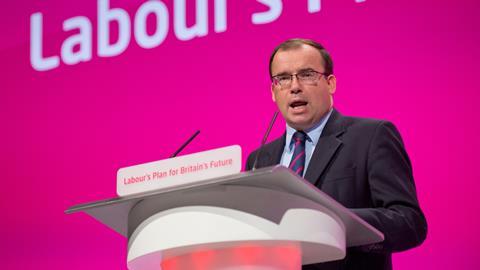
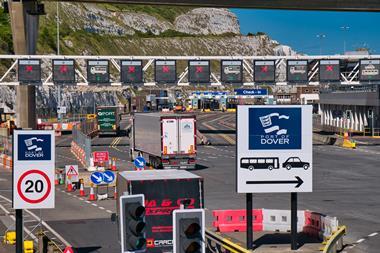



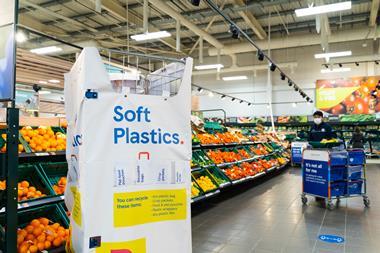
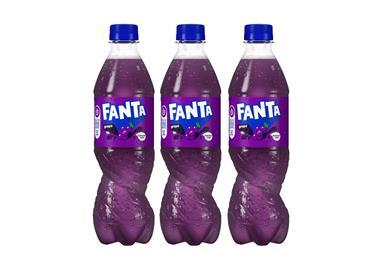
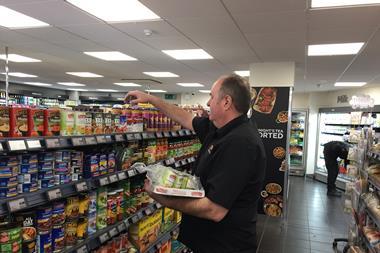





1 Readers' comment